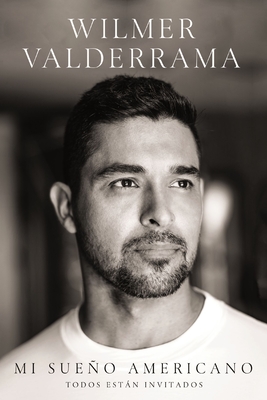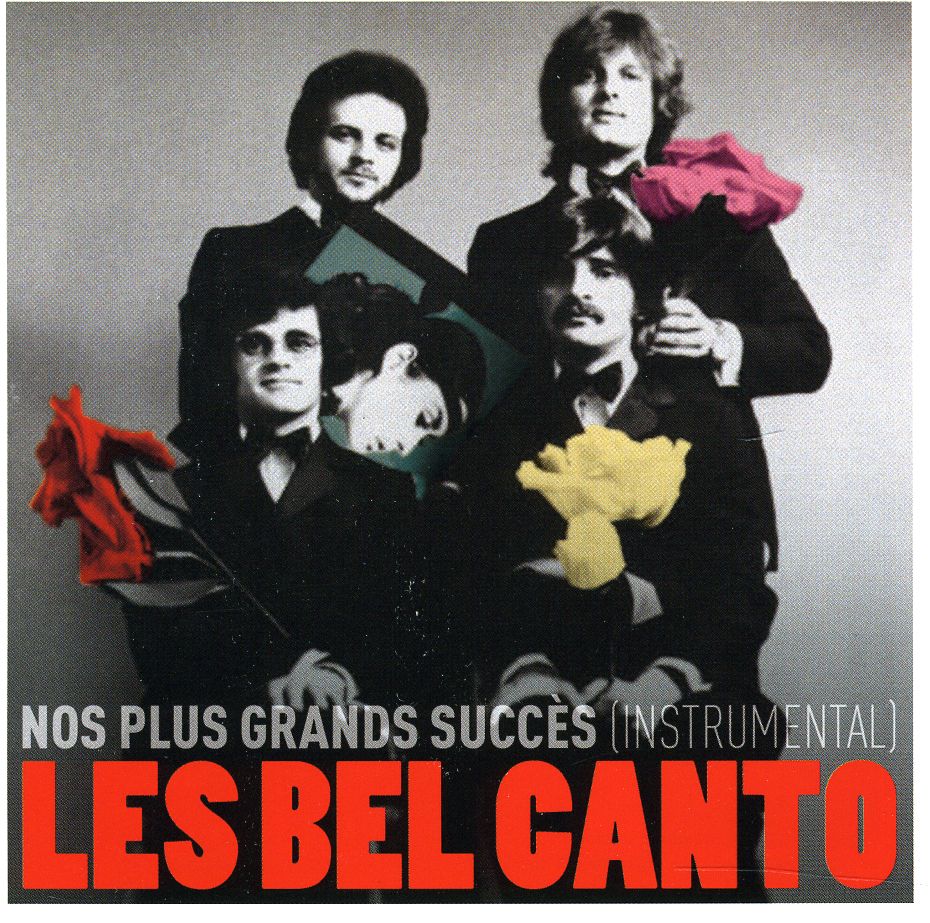
During childhood summers in Louisiana, Andre Dubus III's grandfather taught him that men's work is hard. As an adult, whether tracking down a drug lord in Mexico as a bounty hunter or grappling with privilege while living with a rich girlfriend in New York City, Dubus worked--at being a better worker and a better human being.
In Ghost Dogs, Dubus's nonfiction prowess is on full display in his retelling of his own successes, failures, triumphs, and pain. In his longest essay, "If I Owned a Gun," Dubus reflects on the empowerment and shame he felt in keeping a gun, and his decision, ultimately, to give it up. Elsewhere, he writes of a violent youth and of settled domesticity and fatherhood, about the omnipresent expectations and contradictions of masculinity, about the things writers remember and those they forget. Drawing upon kindred literary spirits from Rilke to Rumi to Tim O'Brien, Ghost Dogs renders moments of personal revelation with emotional generosity and stylistic grace, ultimately standing as essential witness and testimony to the art of the essay.







